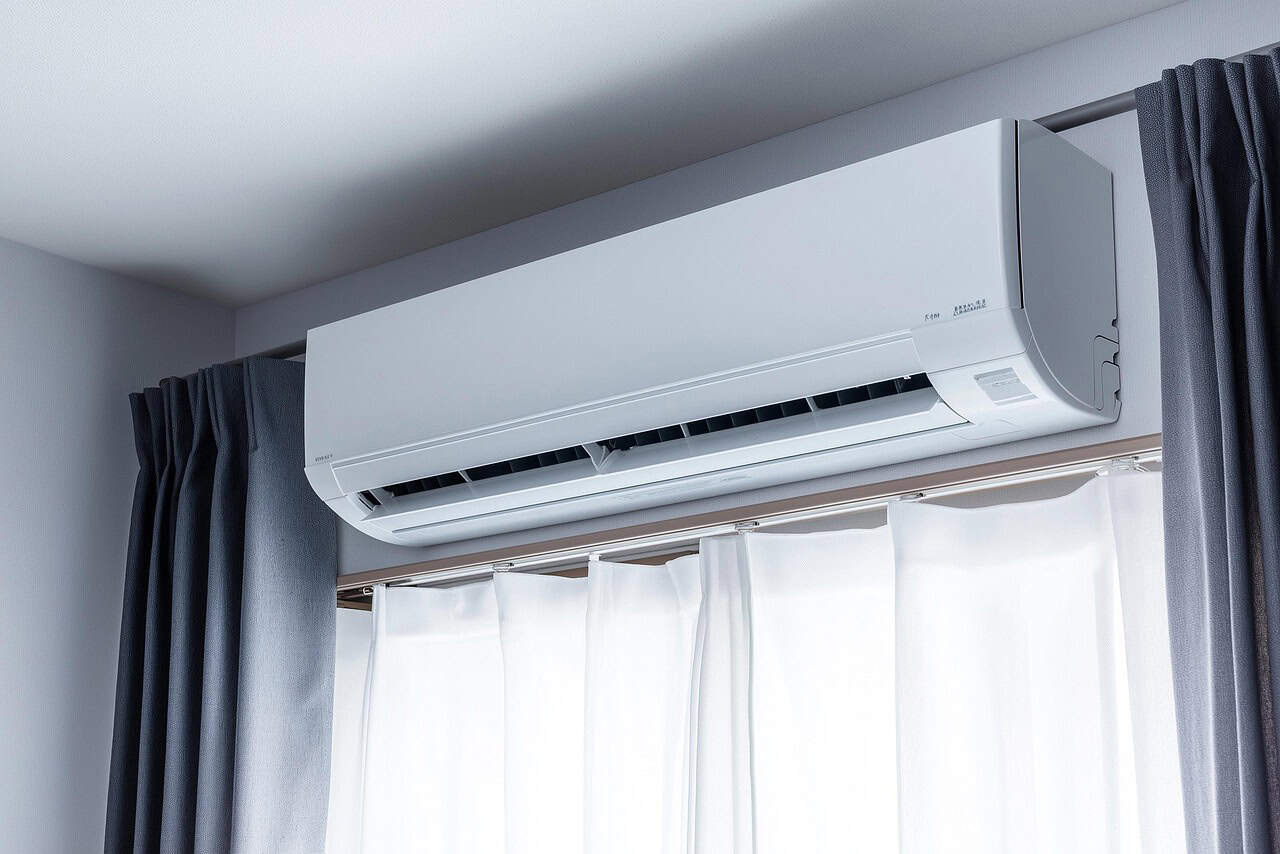When the summer heat hits, a failing air conditioning (AC) unit can turn your home into an uncomfortable sauna. The decision to replace or repair your AC can be tough. This article will guide you through the essential factors to consider, helping you make a well-informed choice.
Recognizing the Signs of Trouble
Your AC unit often gives warning signals before it completely fails. Common indicators include inconsistent cooling, unusual noises, or a spike in energy bills. If you notice your home feels warmer than usual, or if the unit is cycling on and off frequently, it’s time to investigate further.
Unusual Noises
If your AC is making sounds that are out of the ordinary—like banging, hissing, or rattling—it might be trying to tell you something. These could be signs of mechanical issues that might be fixable. However, persistent and loud noises often indicate deeper problems.
Temperature Inconsistency
Are certain rooms colder than others? A struggling AC may not distribute air evenly throughout your home. This inconsistency can stem from various issues, including duct leaks or a failing compressor.
The Age of Your Unit
An air conditioning system’s lifespan generally ranges from 10 to 15 years. If your unit is approaching or has exceeded this mark, repairs may not be the best investment. Older units lose efficiency and require more frequent repairs, often leading to higher energy bills.
Repair Costs vs. Replacement Costs
Taking a look at repair costs can be a game-changer. If a repair is relatively inexpensive, it might be worth fixing. However, if repairs are becoming a regular occurrence, tallying those costs against the price of a new unit can provide some clarity.
For instance, an outdoor unit replacement might be more cost-effective than repeated service calls.
Energy Efficiency
Newer AC models are designed to be more energy-efficient. If your old unit is guzzling power, replacing it could lead to considerable savings on your electricity bills. The initial investment in a new system might seem steep, but it can pay off over time.
Seasonal Considerations
The time of year can influence your decision. If your AC is failing in the peak of summer, you might be tempted to repair it quickly. Conversely, if it’s off-season, you can take your time to evaluate your options.
Emergency Repairs
If your unit breaks down during a heatwave, emergency repairs may be necessary. However, if you have some leeway, consider whether a temporary fix is truly the best long-term solution.
The Type of Problem
Understanding what exactly is wrong with your AC can help you determine whether to fix or replace it. Some issues are straightforward and inexpensive to resolve, while others indicate more significant problems.
Common Issues
- Refrigerant Leaks: These can often be repaired, but if your unit is older, it may not be worth it.
- Compressor Failure: A costly repair, it often signals the end of the line for an older unit.
- Thermostat Malfunctions: Usually an easy fix, this isn’t a reason to replace the entire system.
Major Systems
If the central components of your AC—like the compressor or evaporator coil—are failing, you might be better off investing in a new system. These are fundamental parts, and their failure can drastically affect the overall performance.
Warranty and Insurance Considerations
If your AC unit is still under warranty, repairs might be covered, making it more sensible to fix rather than replace. Check the terms of your warranty to see what is applicable.
Home Insurance Policies

Some homeowners’ insurance policies cover certain types of AC repairs. Make sure to review your policy to see what assistance you might be eligible for. This could sway your decision toward repair if costs are manageable.
Environmental Impact
Replacing an old unit can have positive effects on the environment. Newer models often use less energy and may even employ eco-friendly refrigerants. If sustainability is a concern, this could be a compelling reason to consider a replacement.
Disposal of Old Units
When an AC unit is replaced, the old one must be disposed of properly. Some companies offer recycling services, which can ease the environmental burden. Consider choosing a service that prioritizes eco-friendly disposal.
Seasonal Maintenance
Regular maintenance can extend the life of your AC unit. Simple tasks such as changing filters and cleaning coils can help it run efficiently. If you’ve neglected this aspect, the problem may not be as severe as it seems.
Professional Inspections
Regular professional inspections can catch minor issues before they escalate. If you’re eyeing a replacement, an HVAC professional can give you an accurate assessment of your current system’s condition.
Final Costs and Budget
Assess your financial situation. If your budget allows for a new unit, it could save you stress and money in the long run. Compare financing options for new systems. Many companies offer payment plans that can make a replacement more manageable.
Emergency Fund
If your AC breaks down unexpectedly, having an emergency fund can help cover repair or replacement costs without undue strain on your finances. Consider setting aside money each month for such emergencies.
Choosing a New Unit
If you decide to replace your AC, take your time selecting a new system. Research brands, efficiency ratings, and customer reviews. Don’t forget to consider the size of the unit in relation to your home’s square footage.
Professional Installation
Seeking professional help for installation can ensure your new system runs optimally. An improperly installed unit can lead to inefficiencies and further issues down the road.


